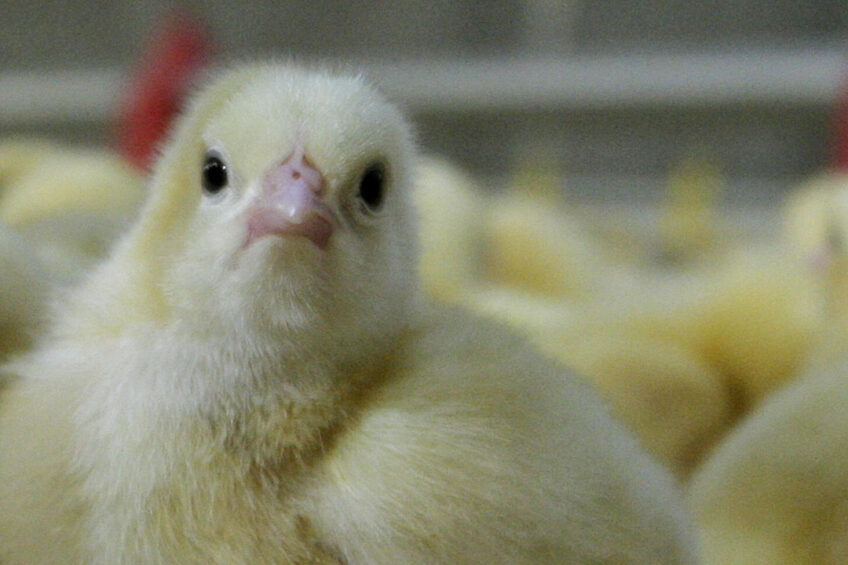May 21, 2025 | 04:14 GMT +7
May 21, 2025 | 04:14 GMT +7
Hotline: 0913.378.918
May 21, 2025 | 04:14 GMT +7
Hotline: 0913.378.918

The High Court ruled that it is the farmers’ responsibility to provide environments that do not cause detriment to chickens. Photo: Koos Groenewold
The High Court ruled that the Department for Food, Environment and Rural Affairs (Defra) did not behave unlawfully in permitting the widespread use of fast-growing birds. It also ruled that it is the farmers’ responsibility to provide environments that do not cause detriment to chickens.
This is despite legislation centred on the Welfare of Farmed Animals Regulations 2007, which says that animals cannot be kept for farming if their genetics cause health and welfare problems.
Statutory provision
The government’s defence at the High Court concentrated on the fact that the environment secretary, Therese Coffey, had “no policy” of permitting any particular breed of chicken to be kept and that she was not primarily responsible for enforcing the relevant statutory provision.
The High Court also heard Defra’s claim that there is no scientific consensus that fast-growing chicken breeds suffer health and welfare problems due to their genes.
Sean Gifford, managing director of The Humane League UK, said: “Our appeal is lodged, and our determination to fight for a better world for chickens is unyielding. We think the [High] Court has made serious errors in their judgement – from failing to see the overwhelming scientific consensus that fast-growing breeds of chicken suffer greatly to considering widespread illness among ‘Frankenchickens’ lawful if only a few individuals in a flock remain healthy. We believe that this is not in keeping with the law. If this law doesn’t apply to ‘Frankenchickens’, which have suffering coded into their DNA, then what on earth is it for?”
A duty to prevent unlawful practices
Edie Bowles, managing director of Advocates for Animals and solicitor for The Humane League UK in the case, added: “Defra is the central authority on animal welfare. They have a duty to prevent unlawful practices in farming. Despite being in full knowledge of the devastating impact the genes of fast-growing breeds of chickens have on the welfare of our most farmed animals, Defra claims they are lawful. These are major contradictions that we hope are given scrutiny in the Court of Appeal.”
The case was backed up by evidence from the RSPCA, whose 2020 report demonstrated that fast-growing chickens, which make up around 85% of chickens raised and killed for food in the UK, suffer from an increased prevalence of health and welfare issues, including heart attacks and painful lameness, no matter the environment in which they are raised.
If successful, the appeal will see the charity granted another hearing to argue the case later this year.
(PW)

(VAN) Attempts to bring down the price of the Japanese staple have had little effect amid a cost-of-living crisis.

(VAN) Fourth most important food crop in peril as Latin America and Caribbean suffer from slow-onset climate disaster.

(VAN) Shifting market dynamics and the noise around new legislation has propelled Trouw Nutrition’s research around early life nutrition in poultry. Today, it continues to be a key area of research.

(VAN) India is concerned about its food security and the livelihoods of its farmers if more US food imports are allowed.

(VAN) FAO's Director-General emphasises the need to work together to transform agrifood systems.

(VAN) Europe is facing its worst outbreak of foot-and-mouth since the start of the century.

(VAN) The central authorities, in early April, released a 10-year plan for rural vitalization.